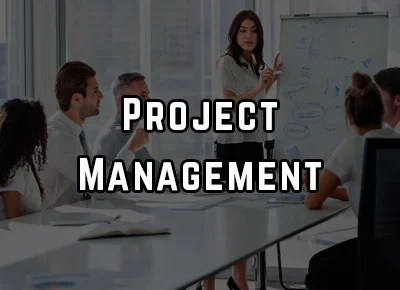PROJECT MANAGEMENT FOR NON-PROJECT MANAGERS - MONITORING AND CONTROLLING YOUR PROJECT
🎤 Charles Paul | 📅 October 23, 2023 | 🕒 11 AM Eastern Time US
Description:
Today more than ever before the job titles that we hold are not entirely reflective of the work that we do. Global teams and collaboration often place those in positions of team leadership that have the least foundation to manage all facets of complex projects. Project management requires specific knowledge of the key project facets that must be carefully managed. The interactions across divergent corporate functions, culture, language, and time zones all pose unique challenges to the new project manager.
The project manager’s sole role and responsibility is to monitor and manage the project to success. Great plans and great teams don’t necessarily guarantee project success – good project management that carefully tracks project progress and maintains control can only guarantee that success. Successful projects require constant care and maintenance to ensure that plans are achieved. When unexpected situations occur, it is up to the project manager to properly react to the situation and keep the project tracking according to the plan.
This webinar deals with the heart of project management – managing and controlling the project.
Areas Covered in the Session:
- Review the eleven monitoring and controlling processes.
- Define the project control steps.
- Explain how to collect and analyze project information – schedule, cost, labor. performance, and quality and scope.
- Explain how project changes are executed.
- Define the communication process.
- What is the form and content of project reports?
- Explain the activities that are performed when closing a project.


